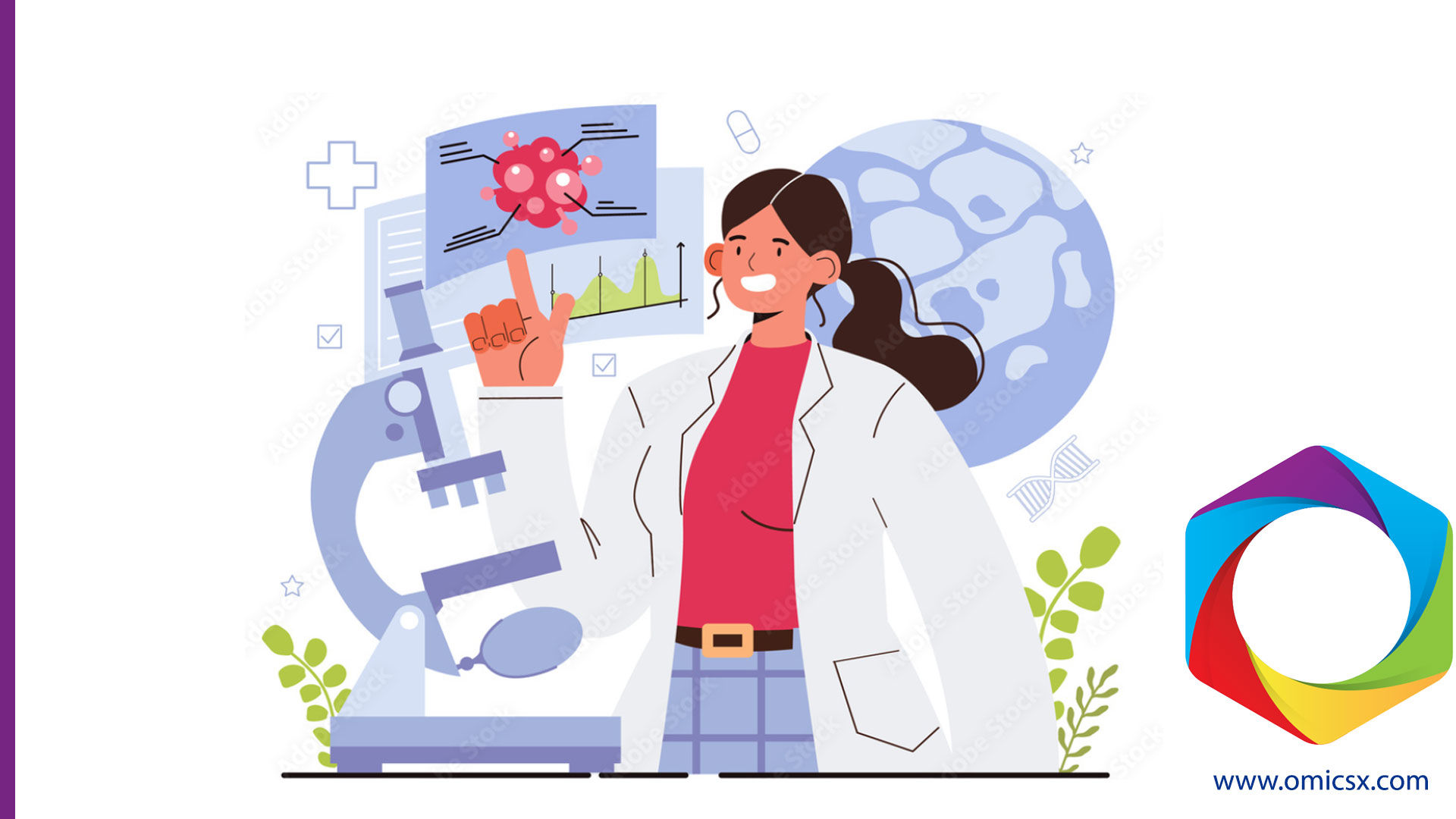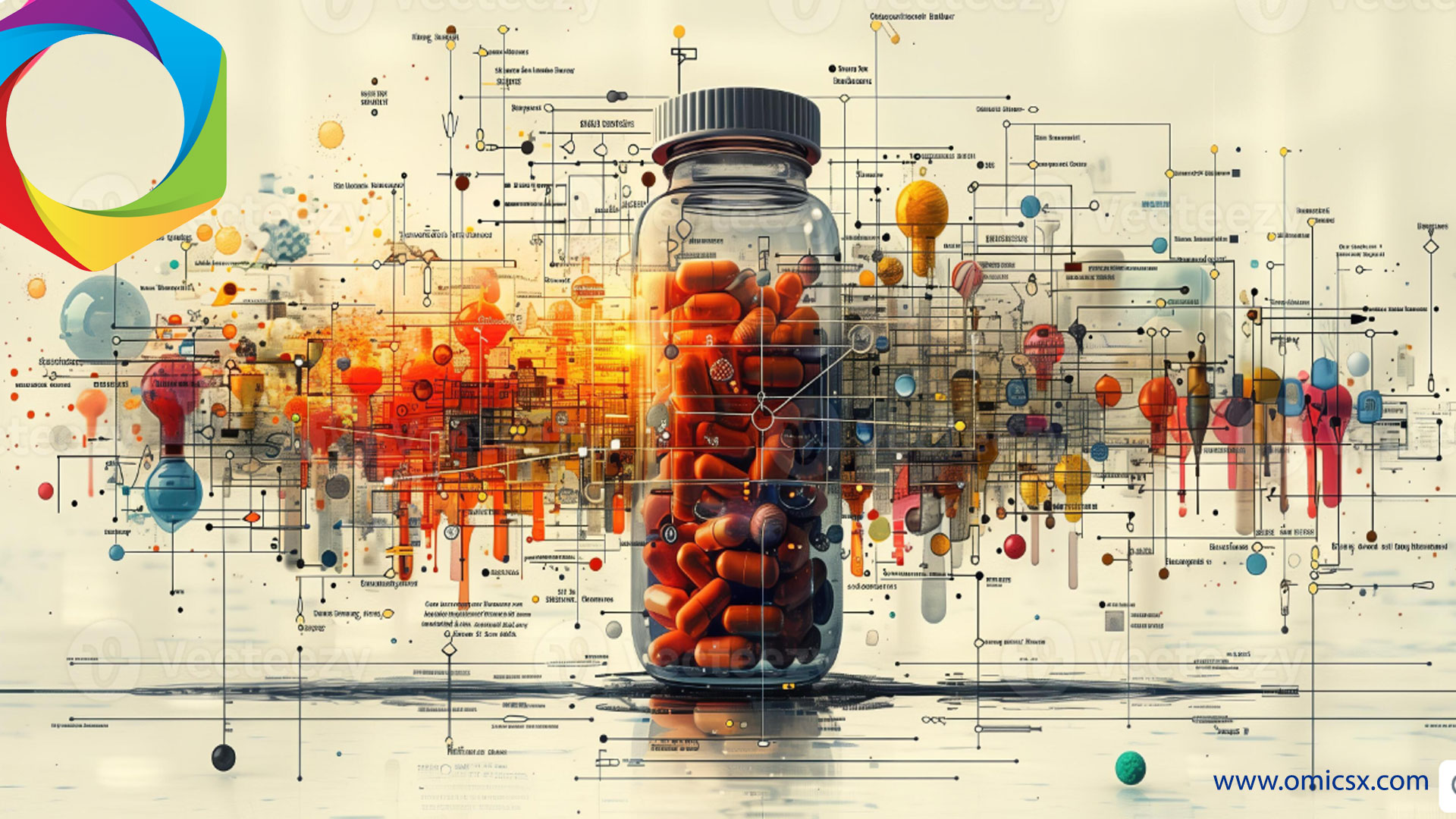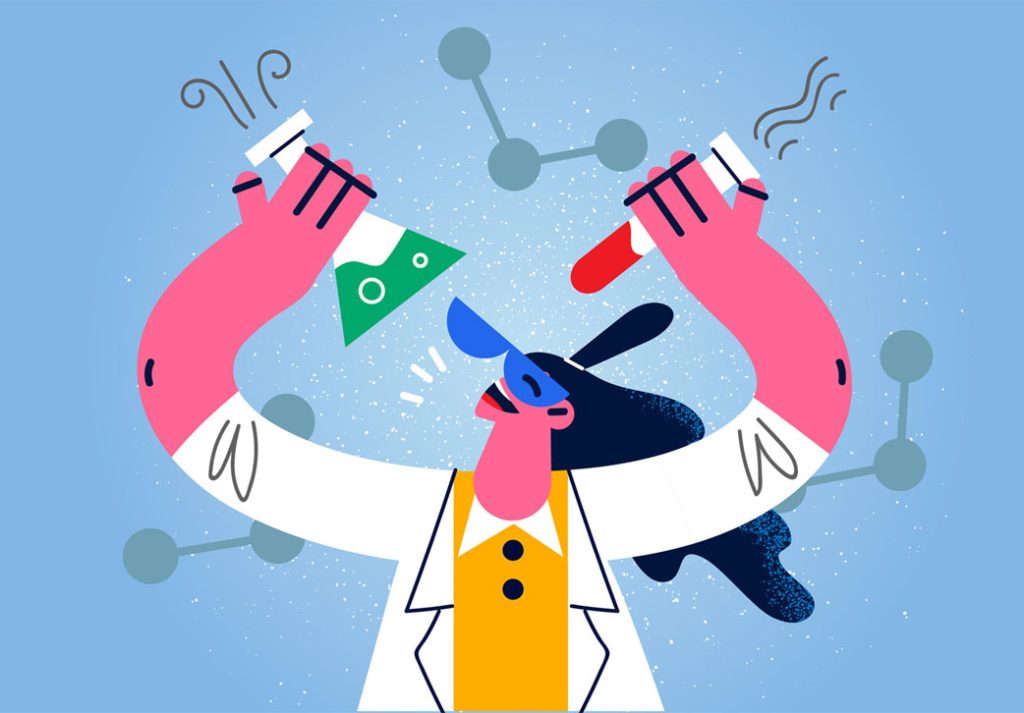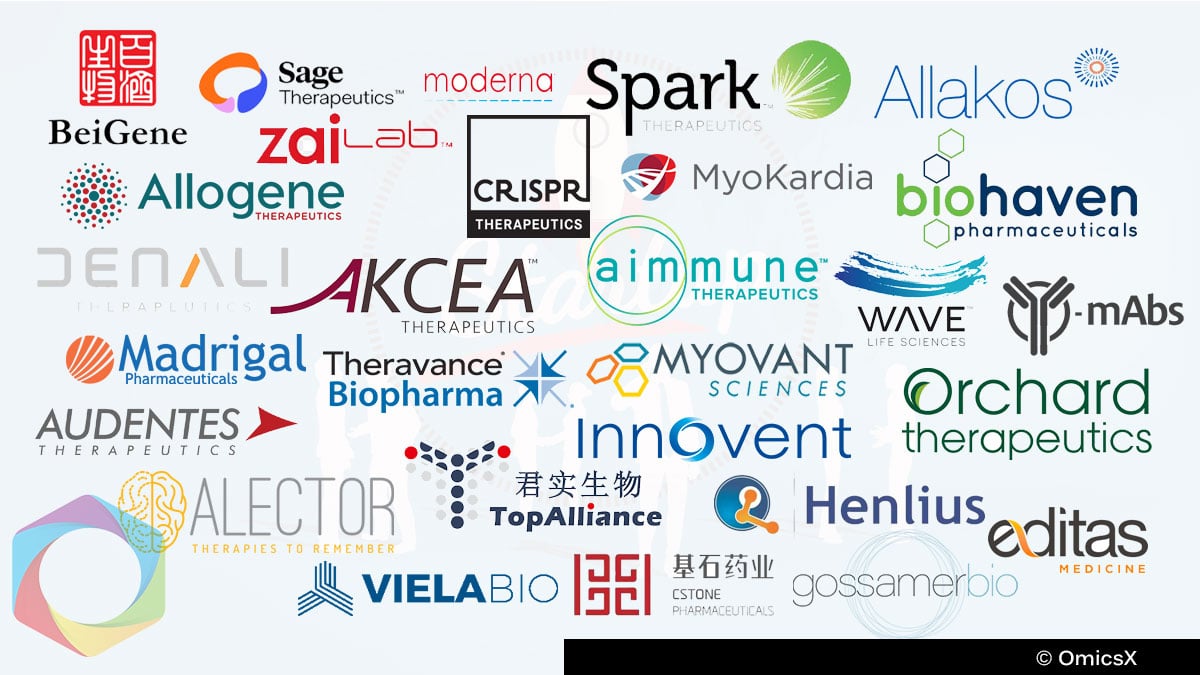The biosciences industry is a dynamic and rapidly evolving field. The key to success lies in staying ahead of the curve, identifying emerging trends, and leveraging them to generate new business leads. However, this is easier said than done. The industry is complex and requires a deep understanding of both science and business. How can you navigate this complex landscape and generate high-quality leads that will drive your business growth?
How to Generate New Business Leads in Biosciences
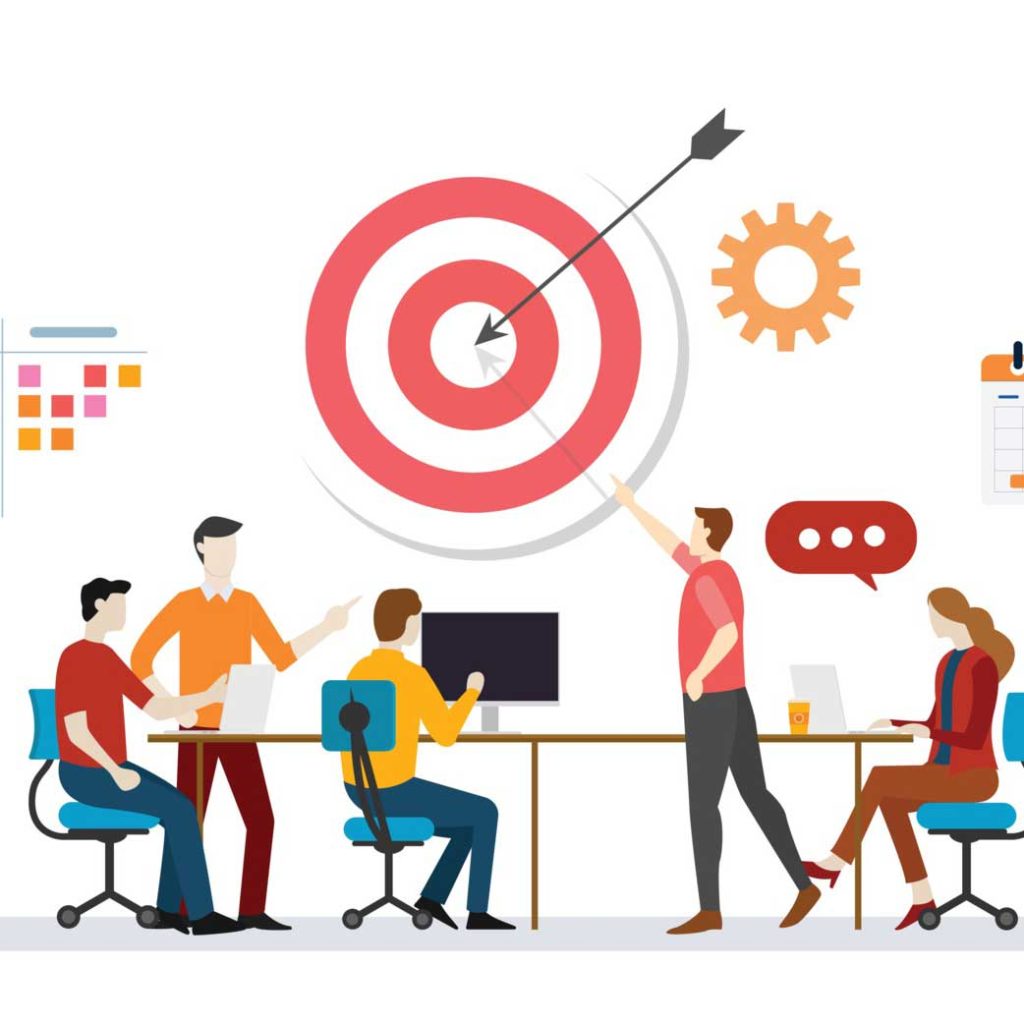
Understanding Your Target Market
Before you can generate leads, you need to understand who your target market is. In the biosciences industry, this could range from biotechnology companies to research institutions, healthcare providers, and pharmaceutical companies. Understanding your target market will allow you to tailor your approach and ensure that your efforts are directed towards the right audience.
For instance, if your target market is pharmaceutical companies, you may want to focus on providing solutions that address the challenges they face in drug discovery and development. This could involve offering services that help streamline the drug discovery process, improve the efficiency of clinical trials, or enhance the effectiveness of their marketing strategies.
On the other hand, if your target market is research institutions, you may want to focus on providing tools and services that facilitate scientific research. This could involve offering advanced data analysis services, personalized business intelligence reports, or social CRM maintenance services.
Identifying Emerging Trends
In the biosciences industry, staying ahead of the curve is crucial. This involves keeping a close eye on emerging trends and leveraging them to generate new business leads. This could involve anything from new technologies and scientific discoveries to changes in regulatory policies and shifts in market demand.
For example, the recent surge in interest in personalized medicine and genomics has opened up new opportunities for companies in the biosciences industry. Companies that can offer services related to genomics and personalized medicine, such as personalized business intelligence reports or bio-partnering services, are likely to find a receptive market.
Similarly, the growing emphasis on data-driven decision making in the biosciences industry has created a demand for services that help companies make sense of the vast amounts of data they generate. Companies that offer data analysis services, such as OmicsX, are well-positioned to capitalize on this trend.
Engaging Key Accounts
Once you have identified your target market and the emerging trends in your industry, the next step is to engage key accounts. This involves establishing relationships with key decision-makers in your target market and demonstrating the value that your services can provide.
For instance, you could offer a free trial of your services, provide a demo, or invite key decision-makers to a webinar or seminar. The goal is to show them firsthand how your services can help them overcome their challenges and achieve their goals.
Remember, people do business with people they like. So, while it’s important to demonstrate the value of your services, it’s equally important to build relationships based on trust and mutual respect.
Generating new business leads in the drug discovery sector of the biosciences industry involves a combination of understanding your target market, identifying emerging trends, and engaging key accounts. It’s not always easy, but with the right approach and the assistance of a company like OmicsX, it’s definitely achievable. And remember, the key to success in any business is persistence. Keep trying, keep learning, and keep pushing forward. You’ve got this!

